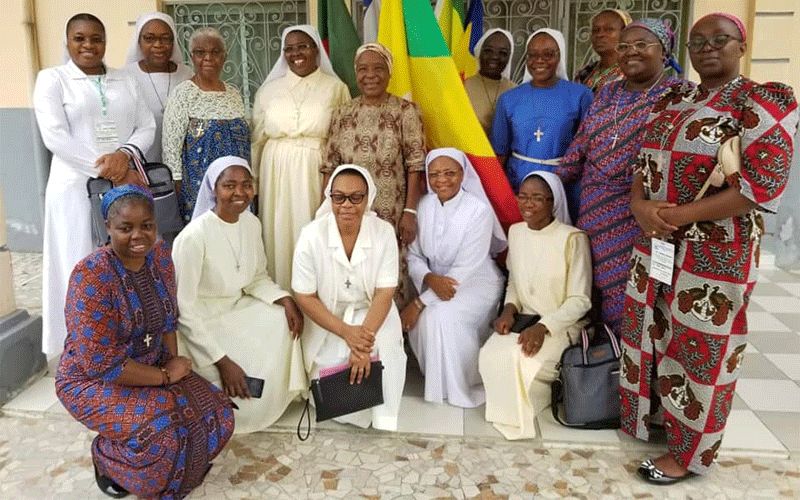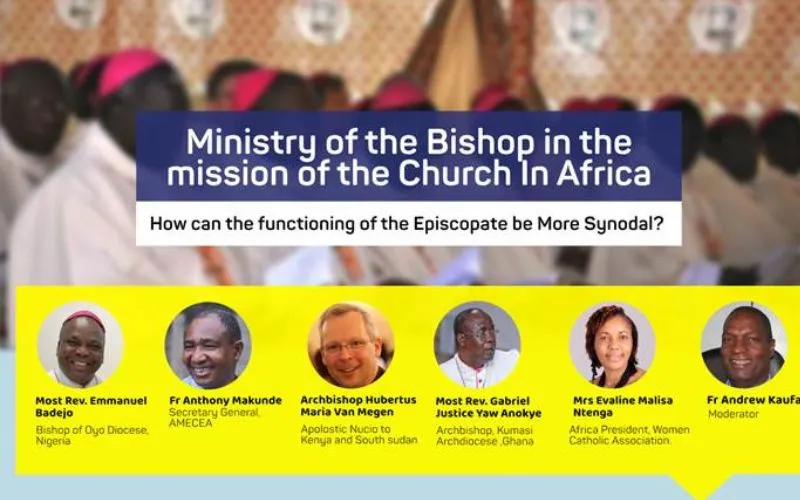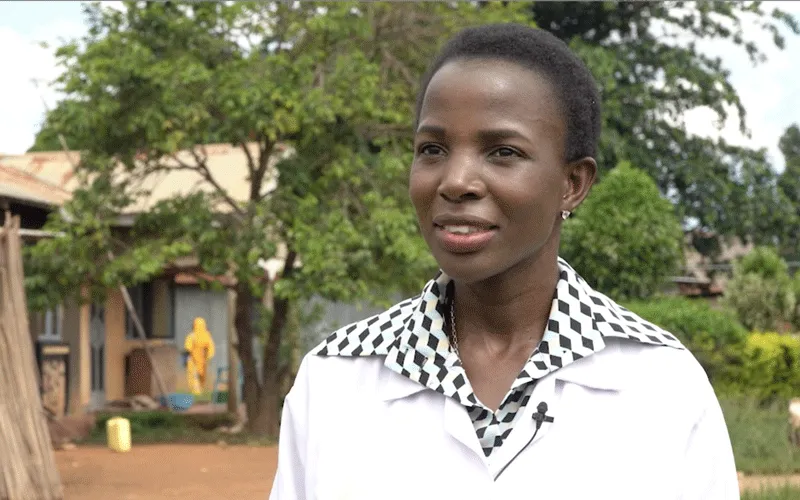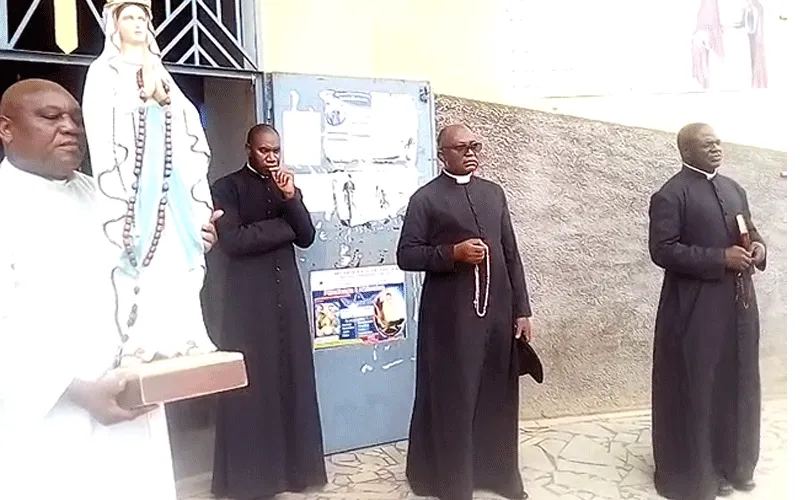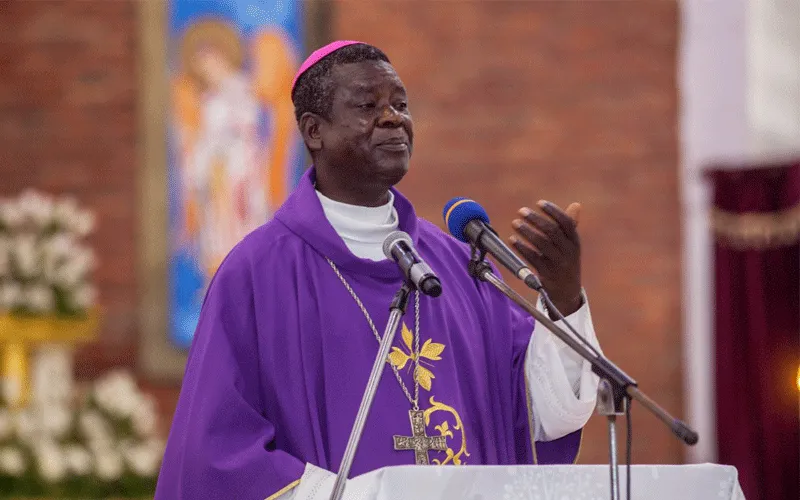Douala, 21 February, 2020 / 5:02 am (ACI Africa).
At the conclusion of the 33rd General Assembly of the Women's Union of Indigenous Congregations of Central Africa (UFCAAC), that brought together Major Superiors of indigenous religious congregations in central Africa, participants resolved to foster reconciliation in the region.
“Reminding ourselves that the source of everything is the Word of God, becoming authentic schools of evangelical spirituality implies a solid and deep spiritual life a dynamic life with a constant renewal of our commitments,” reads in part a statement released at the end of the 4-day meeting availed to ACI Africa.
According to the major superiors, “To live reconciliation in the Church remains a requirement and a necessity. It takes precedence over sacrifice because it is a necessary element to make peace prevail in the world.”
“Various ways of reconciliation are proposed to us, among others, community and individual penitential celebrations, the purification of our memories, of our being and fraternal correction,” the statement reads further.
The February 16-19 meeting that took place in Cameroon’s economic capital, Douala was held under the theme, “Reconciliation, Communion, Justice and Peace: a pressing mission in our Institutions and in our world.”



